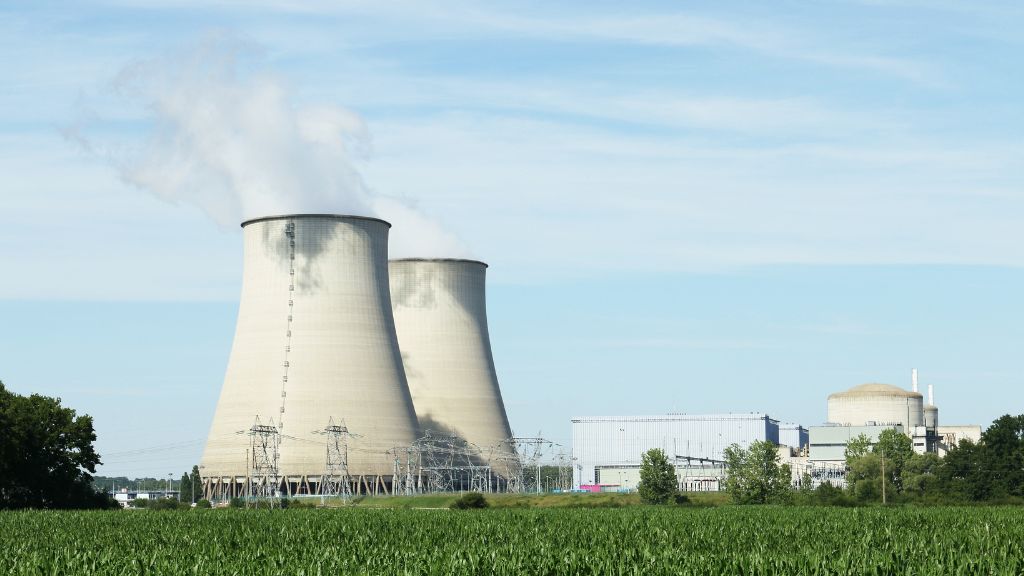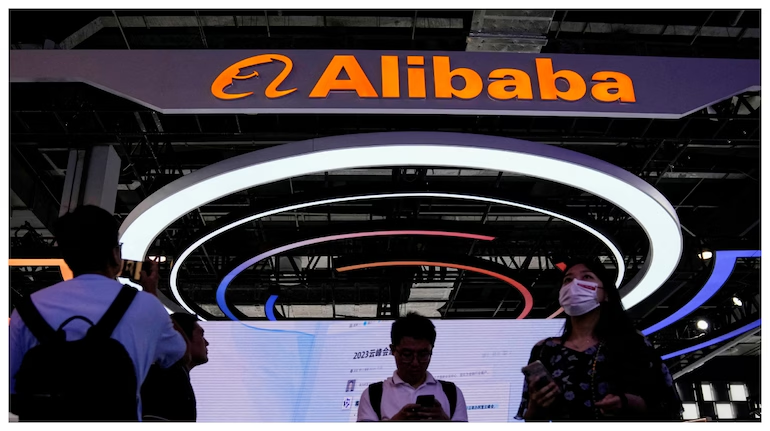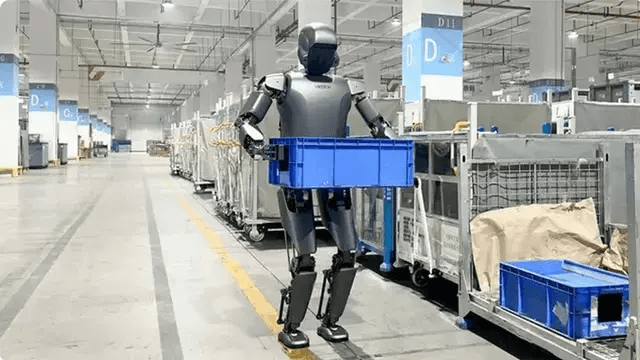
The rapid rise of artificial intelligence (AI) has set off a global race to harness its power. Companies across industries—from healthcare to entertainment—are scrambling to integrate AI into their systems. However, while the promise of AI is undeniable, its growth is creating significant challenges. Interestingly, one of the biggest winners of this boom is also a major contributor to one of AI’s most pressing problems: data centers.
The Data Center Conundrum
Data centers are the beating heart of AI. These sprawling facilities house the massive computing infrastructure needed to train and deploy AI models. Without them, AI breakthroughs in machine learning, natural language processing, and robotics would grind to a halt. Tech giants like Google, Amazon, and Microsoft have all invested heavily in data centers to power their AI initiatives, leading to unprecedented growth in this sector.
However, this surge in demand comes with a cost. Data centers are notorious for their enormous energy consumption and environmental footprint. A report by the International Energy Agency (IEA) suggests that global data centers already account for about 1% of the world’s electricity use, and this figure is expected to skyrocket as AI adoption accelerates.
Why Energy Is the Problem
Training AI models, especially the large-scale ones like GPT-4 and beyond, requires tremendous amounts of computational power. For example, a single training session for an AI model can consume as much energy as several households do in a year. As more industries leverage AI to boost efficiency and innovation, the demand for these power-hungry data centers will only increase.
The irony is stark: AI is often touted as a solution to many of humanity’s challenges—from improving healthcare diagnostics to optimizing supply chains—but in doing so, it’s contributing to one of our biggest problems: climate change.
The Green Tech Challenge
Efforts to make data centers more energy-efficient are underway. Some tech giants are investing in renewable energy to power their facilities. Google, for example, has committed to running its data centers on 24/7 carbon-free energy by 2030. Microsoft is also working towards becoming carbon-negative by 2030, focusing on technologies like liquid cooling and advanced power management systems to reduce energy use.
But these solutions face obstacles. Renewable energy is still limited in availability, and the race to scale AI may outpace the green energy transition. Even as companies tout their sustainability efforts, the sheer scale of AI’s energy demands is growing faster than the technology to mitigate its environmental impact.
The Path Forward
To balance the AI boom with sustainable growth, the tech industry must take bold steps. This includes continued innovation in energy-efficient computing, investment in renewable energy, and collaboration with governments to create policies that encourage green infrastructure.
Additionally, there is a growing movement towards developing more energy-efficient AI models that can deliver the same performance with less computational power. Techniques like model pruning, quantization, and federated learning are promising avenues that can help curb AI’s energy consumption without sacrificing progress.
Conclusion
AI is revolutionizing industries, creating new opportunities, and transforming the global economy. But as the world becomes more dependent on data centers to fuel this revolution, it’s clear that the next winner of the AI boom also carries with it a significant challenge. The solution to this paradox lies in balancing technological progress with sustainability—ensuring that AI not only solves problems but also avoids creating new ones.





